Greek mythology is perhaps the most fascinating and intricate collection of stories and legends that have captivated people for centuries. It encompasses epic battles, heroic quests, tragic love stories, and a vast pantheon of gods and goddesses. Ancient Greece worshipped a captivating pantheon of deities, each possessing distinct personalities and extraordinary abilities. From the terrifying lord of the underworld, Hades, to the enchanting goddess of beauty, Aphrodite, each divine figure carries a captivating narrative that has enthralled (and, in some cases, horrified) humans for thousands of years.
In this article, we will take a look at the 12 Greek gods and goddesses who rule over Mount Olympus.
12 Greek Gods and Goddesses
The Greek mythology of gods and goddesses starts with chaos (an absolute void from which everything began). Out of chaos emerged the primordial gods: Gaia (the earth), Ouranos (the sky), Pontos (the sea), and Tartaros (the Underworld). Out of the primordial gods emerged the Titans, the Hecatoncheires (hundred-handed ones), and the Cyclops (the circle-eyed). The Titans gave birth to the Olympian gods, the 12 gods and goddesses who reside on Mount Olympus. Here are they:
1. Zeus
Zeus, the god of lightning and thunder, is the ruler of Mount Olympus. He overthrew his father, Cronus (the Titan ruler), with the help of his brothers Hades and Poseidon. He was married to his sister, Hera. He was infamous for his promiscuity and his ability to transform himself into anything he wanted.

Source: Greek Mythology
2. Hera
Hera, the goddess of women, marriage, and childbirth, was the Queen of Olympus. She was Zeus’s sister and his wife. Although historians say that the goddess was kind and giving, she was also portrayed as a jealous wife. Hera’s Roman equivalent was Juno.
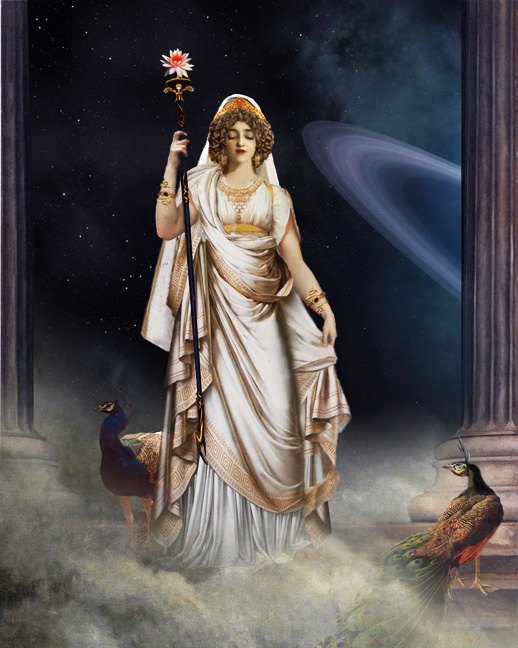
Source: Greek Mythology
3. Hades
Hades, the god of the underworld, ruled over the realm of the dead and was synonymous with the chilly aspects of the afterlife. As a major deity in Greek mythology, Hades was known for his cunning and the role he played in various myths, particularly in the story of his abduction of Persephone, who became his wife and queen of the underworld.
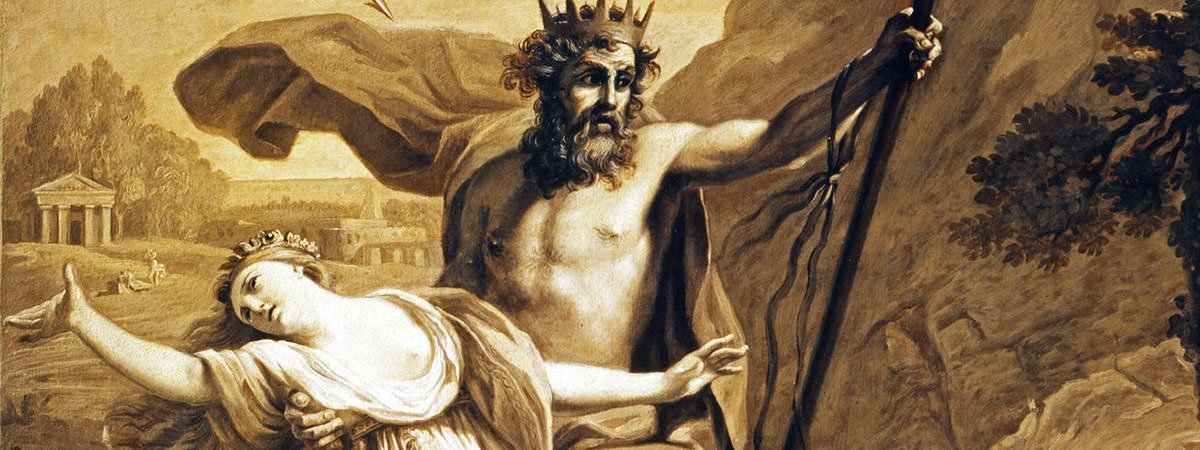
Source: Learnodo Newtonic
4. Poseidon
Poseidon, the god of the sea, is also known as the god of horses and earthquakes. Fe fathered many extraordinary beings. He was the father of Pegasus, the winged horse born from the severed neck of the Gorgon Medusa, and Polyphemus, the famous Cyclops who encountered Odysseus during his epic journey in the Odyssey. His Roman equivalent god is Neptune.
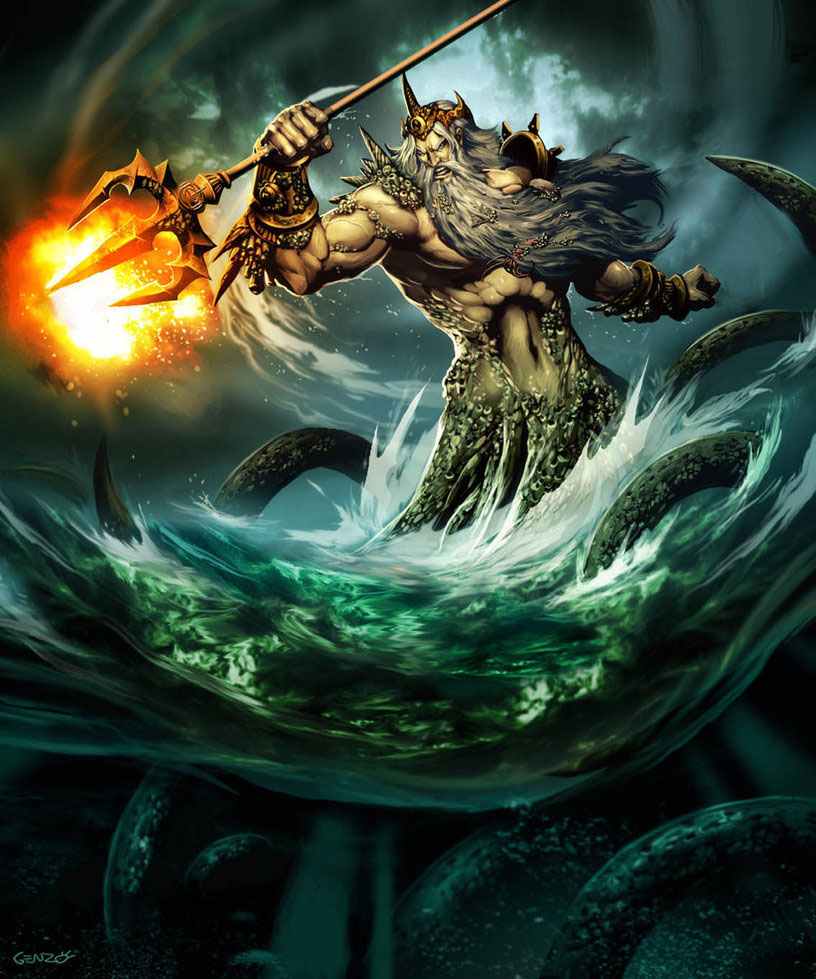
Source: Greek Gods and Goddesses
5. Hermes
Hermes was the god of wealth, trade, thieves, travellers, and livestock. He possessed a range of attributes, making him one of the most versatile gods in the pantheon. Additionally, Hermes served as the messenger of the gods, swiftly delivering divine messages. He was the ruler of multiple spheres. His Roman equivalent is Mercury.

Source: ThoughtCo
6. Artemis
Artemis was the goddess of hunting. She was known to be swift and agile and possessed extraordinary marksmanship. Artemis is often depicted as a young woman with a bow and arrow, surrounded by animals. She is a virgin goddess and is known for her independence and strength. She had a twin brother, Apollo. Her Roman equivalent is Diane.

Source: Greek Reporter
7. Aphrodite
Aphrodite, the goddess of love and beauty, was said to be the most beautiful and ethereal of all mortals and immortals. When the severed testicles of Uranus (the Primordial God), severed by Cronus (Zeus’s father), fell into the sea, Aphrodite was born of sea foam. She was married to Hephaestus, the god of fire and metalworking, but she was often unfaithful to him.
Her most famous lovers included Ares, the god of war, and Adonis, a mortal youth who was said to have ethereal looks. Her Roman equivalent is Venus.
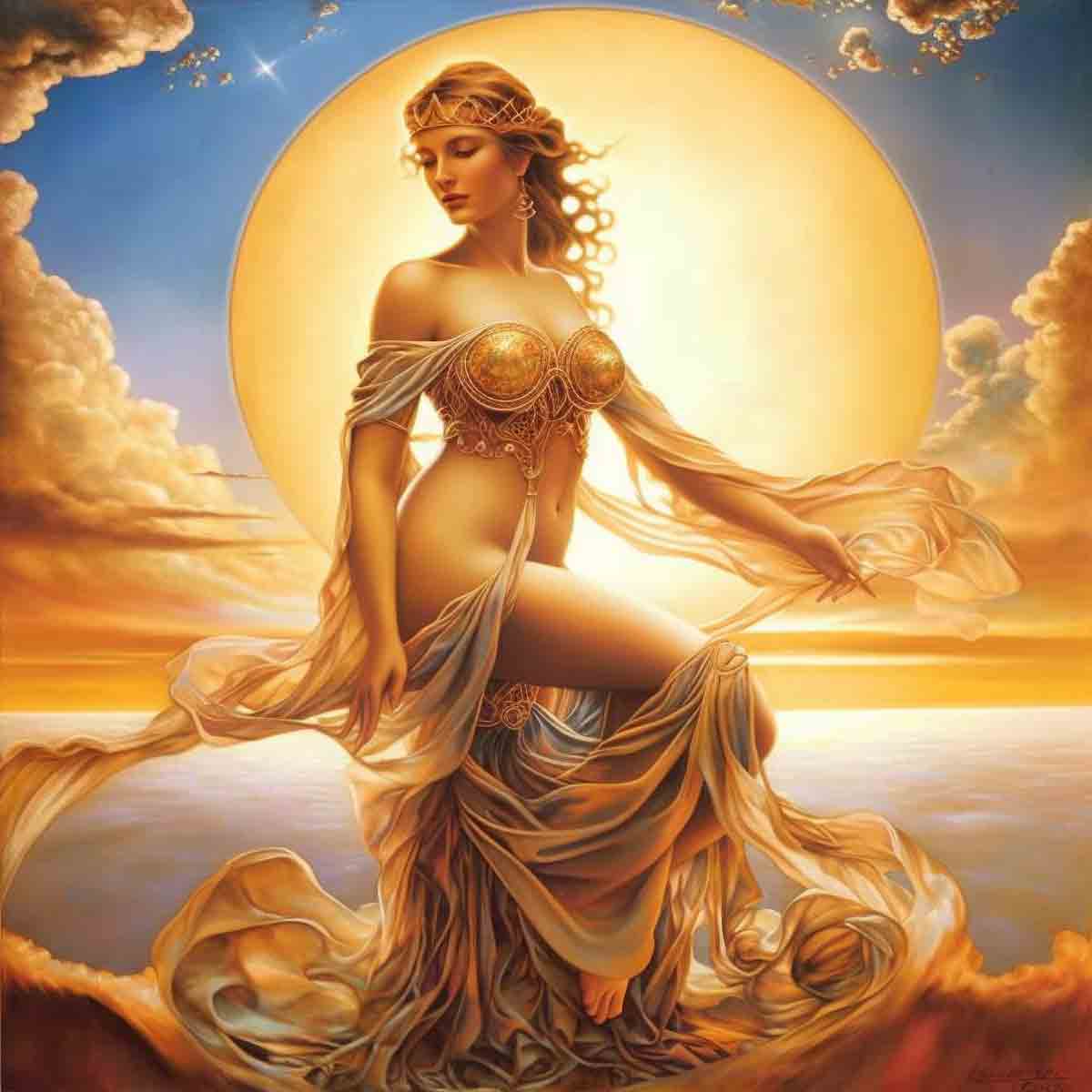
Source: Spirit Miracle
8. Ares
Ares, the son of Zeus and Hera, was the god of physical violence and bloodshed, and he was often depicted as a fierce and bloodthirsty warrior. He was not popular among the Olympian gods. He was often associated with the negative aspects of war, such as brutality, destruction, and death. Ares’s Roman equivalent is Mars.
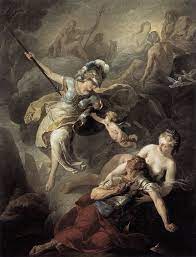
Source: Lemon & Olives
9. Apollo
Apollo, who was Artemis’s twin brother, was one of the most feared gods. Apollo was the god of many things, including music, poetry, healing, light, truth, and prophecy. He was the patron god of the Delphic Oracle, one of the most important oracles in ancient Greece. He was a young and handsome god, often depicted as having golden hair and holding a bow and an arrow.

Source: Wikipedia
10. Demeter
Demeter was the goddess of agriculture and fertility. She is believed to be older than the rest of the 11 Olympians. Demeter’s daughter, Persephone, was abducted by the god of the underworld, Hades, to be his bride.
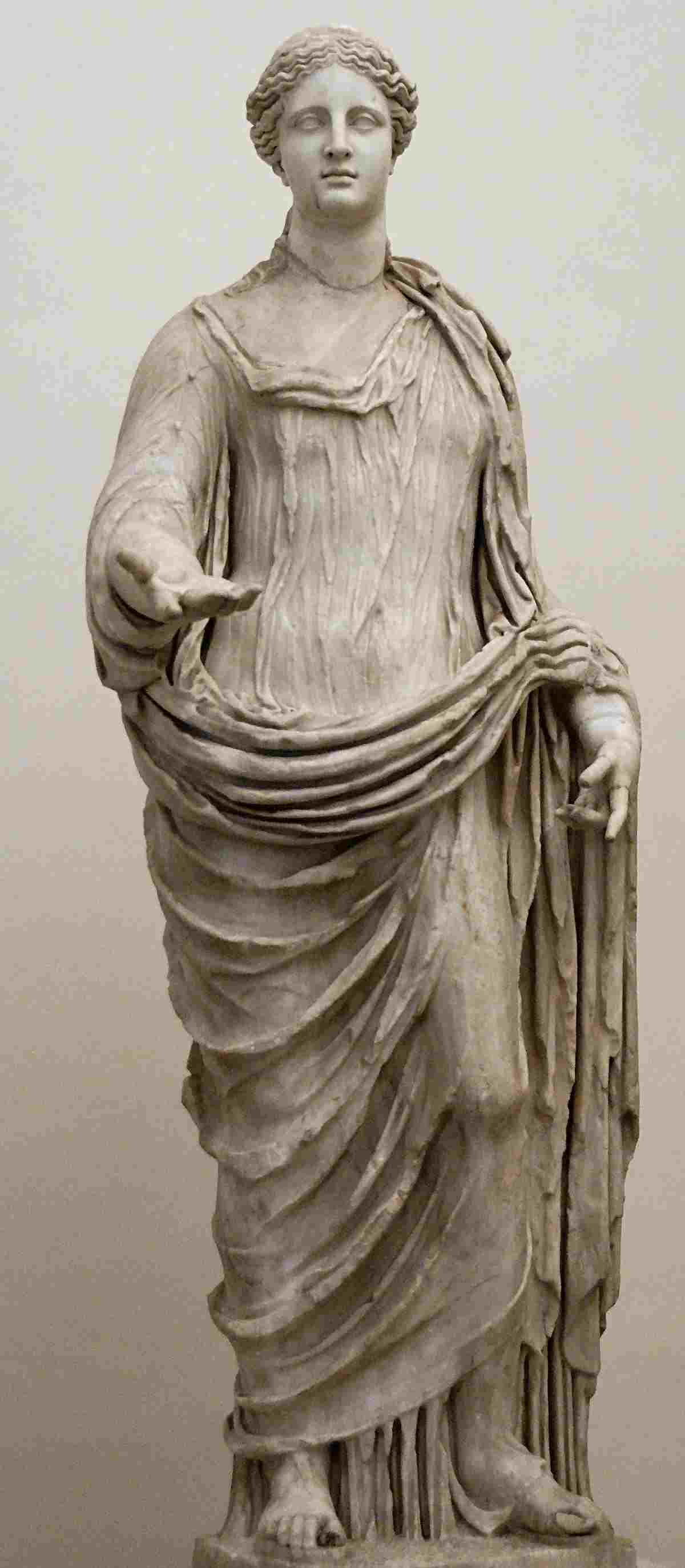
Source: Wikipedia
11. Dionysus
Dionysus was the god of wine, festivity, theatre, religion, and madness. His mother was a mortal woman, who was accidentally killed by Zeus, his father. Zeus then sewed the young god into his thigh and passed him on to the care of the maenads. Dionysus was also the god of wine.
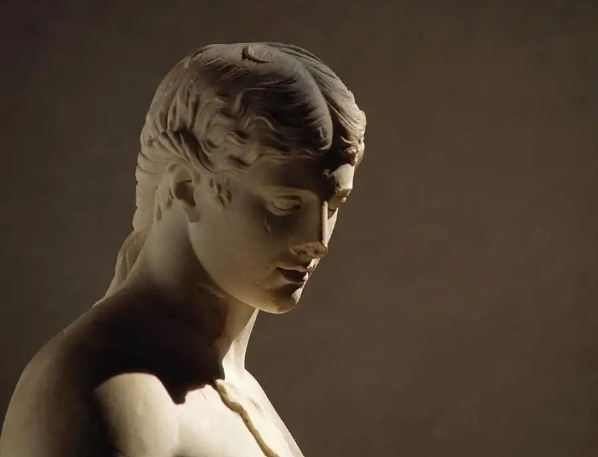
Source: TheCollector
12. Athena
Athena was the goddess of wisdom and war. She emerged fully grown and fully-armoured from the forehead of Zeus and is one of the most revered Greek gods. She was a skilled warrior and a wise counsellor. She was also the patron goddess of Athens, the capital of Greece.
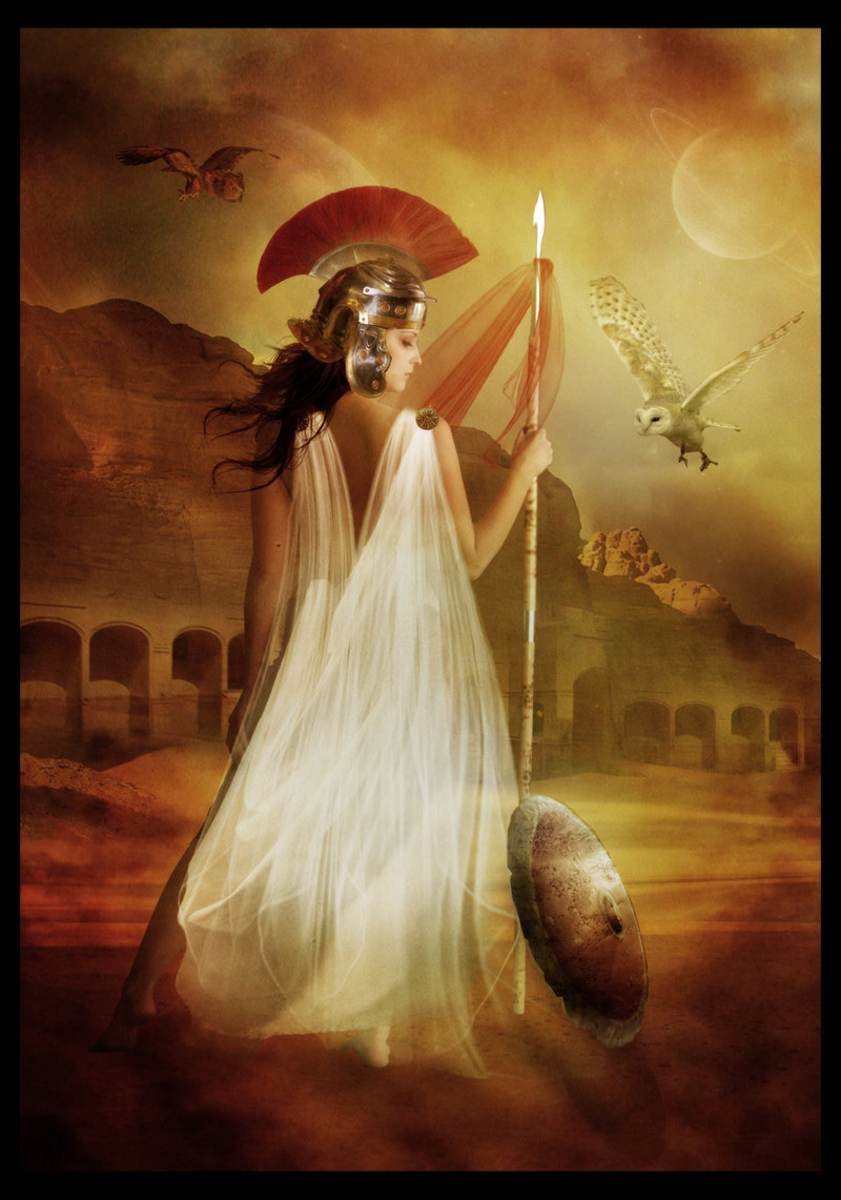
Source: Owlcation
Each of the above twelve gods played a crucial role in Greek mythology. From Zeus, the king of gods, to Aphrodite, the goddess of love, each deity held a significant place in the pantheon and influenced various aspects of ancient Greek society.
Related | What is the Military Method of sleeping that can help you sleep in seconds?
Comments
All Comments (0)
Join the conversation